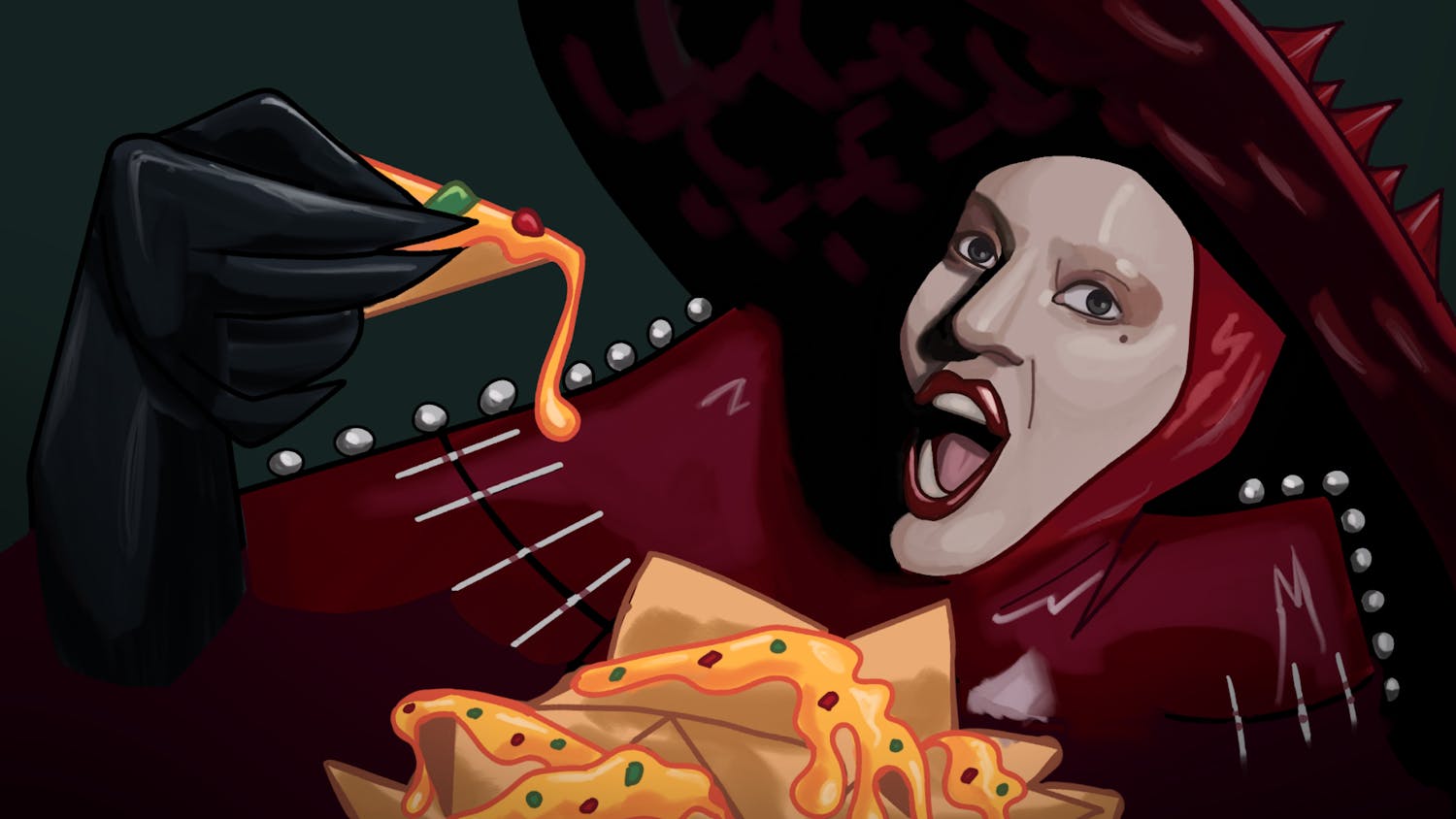Oh great, another Marvel production. With Captain America and friends being thrown in our face almost twice daily, superheroes can feel like a tired topic. The genre has been re-vamped to the public excessively, to a point where it seems like every other movie, TV show or video game has Marvel’s fingers in its pie. Don’t get me wrong, I love a good superhero adaptation as much as the next guy, but it feels like we need something fresh.
“Legion” answers that call. In a market saturated with explosions and fight scenes, “Legion” makes viewers love and connect with the person behind the mask. Based in the X-Men universe, “Legion” relies very little on the powers of their characters, focusing on the development of their personality and predicament.
True to the X-Men universe, humanity is aware (or at least slightly aware) of the presence of “mutants” with special powers. The show itself centers on David Haller (Dan Stevens), a troubled young man in his early twenties who’s been in and out of rehab and treatment his whole life. Diagnosed with paranoid schizophrenia, David lives his life in a treatment center with his friend Lenny (Aubrey Plaza). A new patient named Syd arrives (Rachel Keller), who insists she can’t be touched. She soon becomes David’s girlfriend within the psych ward. When Syd is cleared to leave, David causes a destructive event that sets his journey in motion.
Throughout the two episodes that have aired, David’s captors hint at his level of power, referring to him as the most powerful mutant they have ever seen. Division 3, the “big baddies” of the season , are out to capture and study David before killing him, saying he is too powerful to be alive. While we only get flashbacks and brief previews of his power, we are lead to believe that he is quite strong and that his powers are mainly telekinetic (able to move things with his mind).
Legion is based around a successful comic series by Marvel, so if you’re a fan or you’ve done your homework, then David’s powers are a bit more obvious. For those who haven’t, or for those who don’t want spoilers, skip to the next paragraph. Based on the comic written by Chris Claremont and Bill Sienkiewicz, “Legion” is an omega level mutant with a myriad of powers that are controlled by his different personalities. It will be intriguing to see how FX plans to handle this aspect of Legion’s character—or if they handle it at all.
“Legion” isn’t just a story, though. In true FX style, the network has poured resources into making this production beautiful and known. “Legion” was advertised in the month leading up to the show with cryptic shorts, using everything from Escher references to images of David transcending a mental hospital-esque apparatus to an ethereal place. The mystery behind this, as well as the heavy advertising, made the hype leading up to the show almost palpable.
It was worth the wait. “Legion” delivers a compelling story that has less explosions and more exposition without being boring. Flashbacks to David’s past are done tastefully, although they are a bit thick in the first episode. The show achieves a wonderful mix of genre by combining the fantasy of a superhero storyline, the suspense of escaping and even adding mystery/horror with the presence of the “devil with the yellow eyes,” a vision that haunts David.
The soundtrack of “Legion” is a diamond in the rough. By starting the show with the song “Happy Jack” as David is shown in a situation that clearly is not in step with the music, it sets up the strange mood of the show for the viewer, which works well. This, combined with the well-timed songs and the sheer scope of the music played–anywhere from EDM to Jane’s Addiction–provides an excellent backdrop to the story.
Combining the stellar content and sounds, “Legion” is stunning in its aesthetic. The color schemes evoke a very ‘70s-’80s-esque feel, using solid colors without complication. This scheme, at the same time, gives viewers an otherworldly futuristic feel, and the shaky ground of what time period we’re in feels right for a show that keeps viewers on their toes by cutting between timelines.
Where “Legion” stumbles is perhaps its jumpy plot. In the initial episodes, David’s past is explored as he realizes that his powers are not a mental illness as he has been told his whole life. However, few questions get answered, and so many more get brought up. This does not help the pacing when the show barely spends time in David’s present without having the viewers question if he is imagining it or not. Unfortunately, this jumpy form of exposition may shake some viewers before they can truly sink their teeth in and enjoy the meat of the show.
Overall, “Legion” has lived up to the hype and then some. Combining focused and witty storytelling with beautiful backdrops makes this show not only a pleasure to watch but a pleasure to experience. I am excited to see where “Legion” goes, how closely the story arc will mirror David’s in the comics and how FX will tackle one of the more complicated, powerful mutants in the X-Men universe.






